RICHARD PHILLIPS-JONES says Scars of Dracula 1970 isn’t as bad as you would think
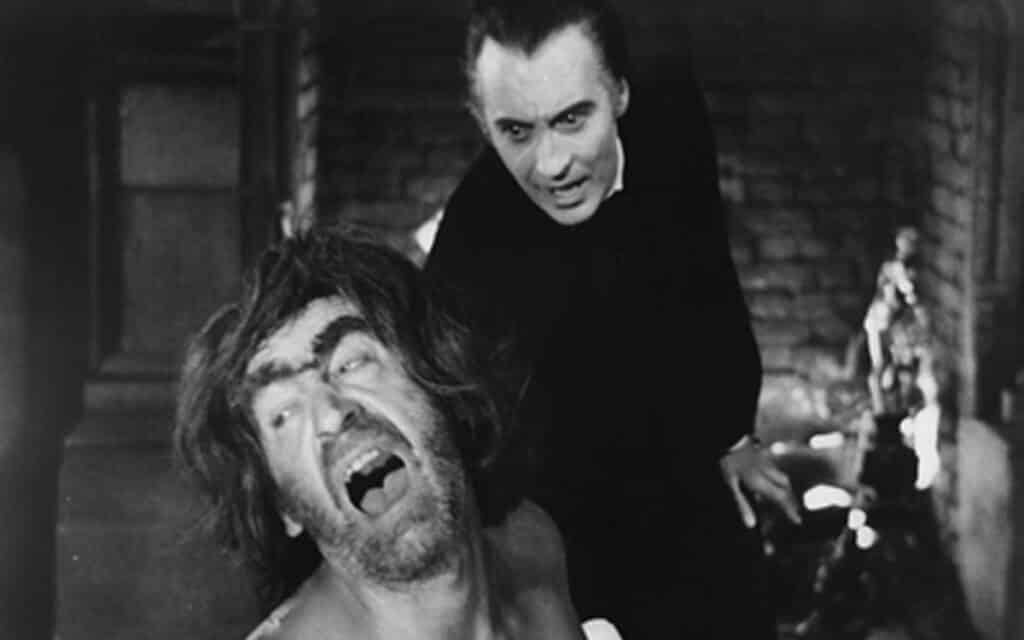
TITLE: Scars of Dracula
YEAR RELEASED: 1970
DIRECTOR: Roy Ward Baker
CAST: Christopher Lee, Dennis Waterman, Jenny Hanley, Patrick Troughton, Christopher Matthews, Michael Gwynn, Michael Ripper
Scars of Dracula 1970 Review
Reanimated in his coffin by the blood of a visiting bat, Count Dracula (Christopher Lee) is soon terrorising the locals near his castle once again, abetted by his manservant Klove (Patrick Troughton).
Meanwhile, Paul Carlson (Christopher Matthews) is fleeing from the nearest town, having been caught in flagrante with the Burgomeister’s daughter, and finds himself seeking shelter at Dracula’s castle. The Count initially seems like the perfect host, but when his companion Tania (Anouska Hempel) appears to seek Paul’s help in escaping, it’s soon clear that all is not as it seems.
When Paul is believed missing, his brother Simon (Dennis Waterman) and the object of their affections, Sarah (Jenny Hanley) set off in search of him. At the nearby village tavern, they encounter hostile locals (led by innkeeper Michael Ripper) with superstitions about vampires, and a poor line in hospitality.
Ejected from the tavern for asking too many questions, they too are forced to seek shelter in Dracula’s castle, where the Count appears to have plans for them. However, Klove has taken a liking to Sarah, and helps the pair escape. An infuriated Count punishes Klove, before setting out to make Sarah his next undead companion…
This is Hammer Horror, as the 1970s dawned. Finding it increasingly difficult to secure US finance for their films, they entered into domestic production deals with Rank and EMI, owners of the UK’s main cinema chains, Odeon and ABC respectively.
Scars Of Dracula was the first product of the EMI deal, and marked a disarming change as the new decade dawned, for not only would the film be the first in the studio’s series with no narrative connection to its predecessors, it was also all too apparent on screen that the EMI deal did not pare budgets like those of Hammer’s American former backers. It was a rude awakening that the studio’s golden age was entering its final chapter.
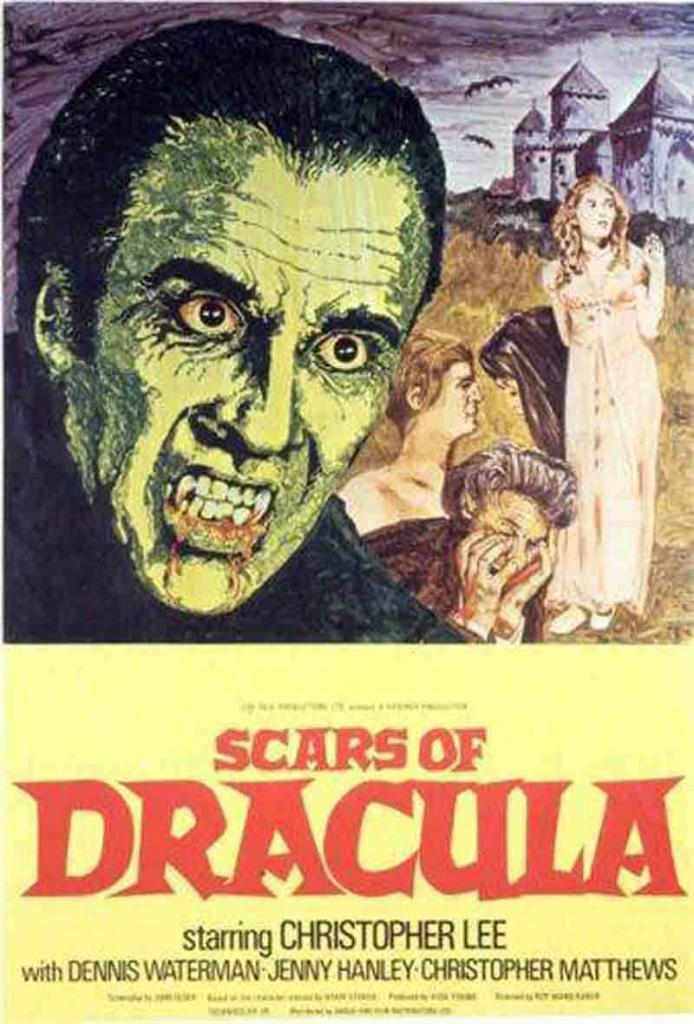
Bearing all this in mind, it should be no surprise that the film’s production values feel sorely compromised compared to what came before. The sets certainly aren’t as lavish as they once were, whilst the painted backdrops leave much to be desired, totally mismatched with the exterior scenes which cut to those outside the castle. The deft touch of art director Bernard Robinson (who passed away two months before shooting commenced) is missed tremendously. When an obviously imitation bat appears to revive the Count by dribbling blood on his remains, it’s a risible moment that makes the climax to Kiss Of The Vampire (1963) look like high art.
However, whilst it would be very easy to simply dismiss Scars Of Dracula as a hack-job (and indeed, some have), that would be to do a great disservice to its director, Roy Ward Baker, an experienced and indeed respected film maker.
Baker’s observations on the DVD commentary for the film give a considerably different perspective, of a director trying to get something out of the most limited of resources, not to mention a fed-up star who felt increasingly emotionally blackmailed into playing the role he had defined for an entire generation.
Despite the film’s many flaws, there are intriguing ideas scattered throughout. The script by John Elder (aka Anthony Hinds) tries to reintroduce the idea of Dracula first appearing to stranded travellers as the courteous host, harking back to his first appearance in 1958. It also includes Dracula’s animal-like scaling of the castle wall, a striking feature of Bram Stoker’s novel which had been underutilised on film.
Baker had to fight hard to shoot this particular sequence, when producer Aida Young said it would be too expensive. Thankfully, the director stood his ground, insisted on the necessary set being built and gave Christopher Lee his only opportunity to play this dramatic moment from Stoker’s text. Indeed, Baker’s battles to get what he wanted would strongly suggest that he considered the film to be anything but a hack-job.
Ultimately the victim of penny pinching by its backers, this is a film which may be the unloved runt of Hammer’s Dracula litter, but you know something? Avoid comparing it to what had come before, judge it purely on its own merits, and Scars Of Dracula isn’t actually as bad a film as you might have been led to believe. It deserves a fresh look.
Besides, how often do you get Lee’s Dracula, the second Doctor Who, Carter from The Sweeney, the lovely presenter of Magpie, Bob Todd from The Benny Hill Show, and Anouska Hempel, all in the same film?
TRIVIA POINT: Patrick Troughton kept a production still of Christopher Lee branding him with a red hot sword. He apparently displayed it in his lavatory.
What did you think of Scars of Dracula 1970? Tell us your thoughts in the comments tomorrow!

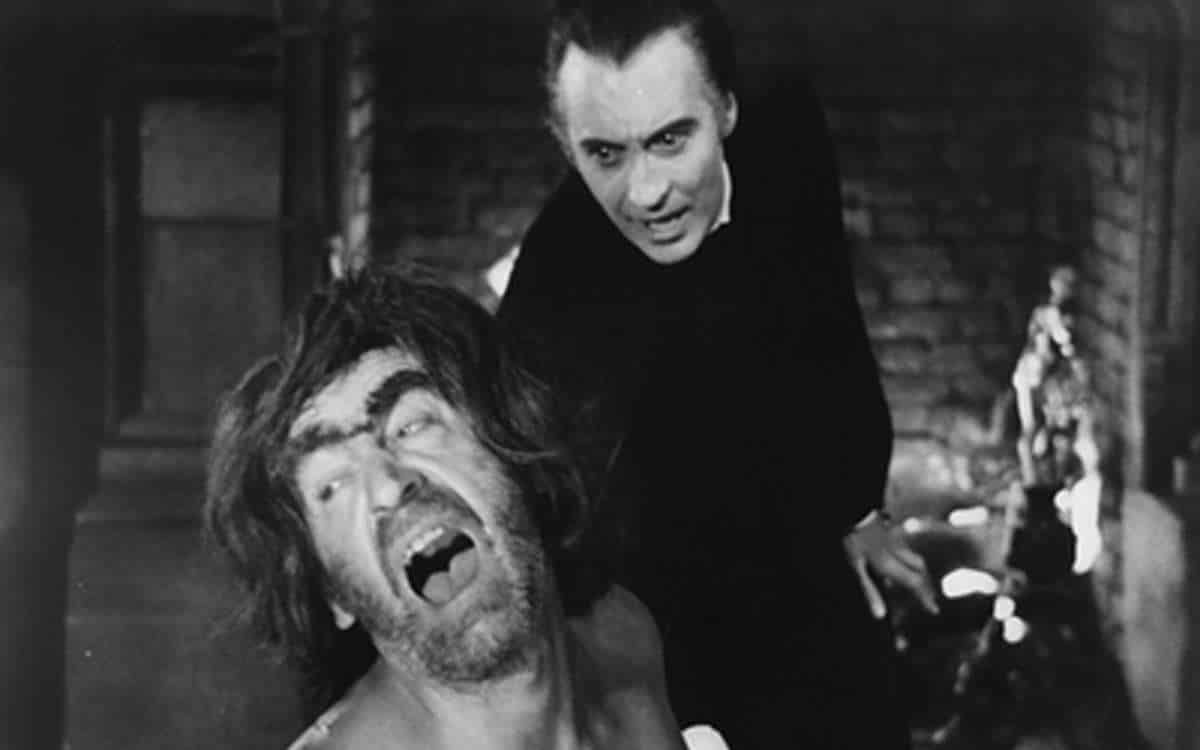

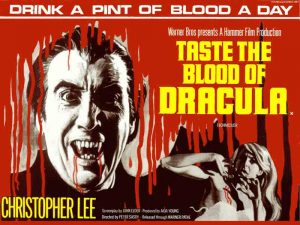
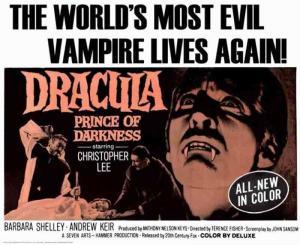
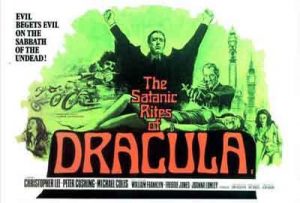
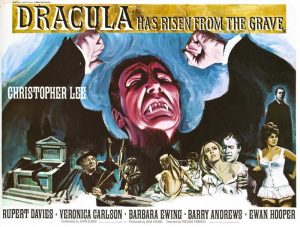

Good and fair review. I always thought Scars was very underrated. I thought it was one of the best, especially as Christopher Lee was given more in the way of dialogue this time.
I agree Barry. I feel that for some unknown reason Dracula AD 1972 and Satanic Rites are treated with reverence whereas Scars is treated like dirt. But in my mind, Scars is much more fun and gives Lee much more to say and do!